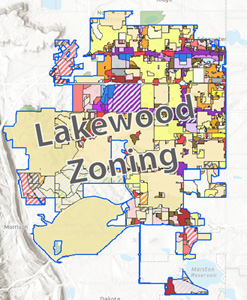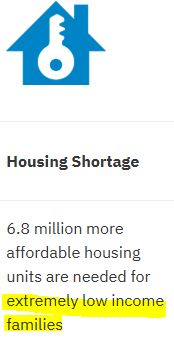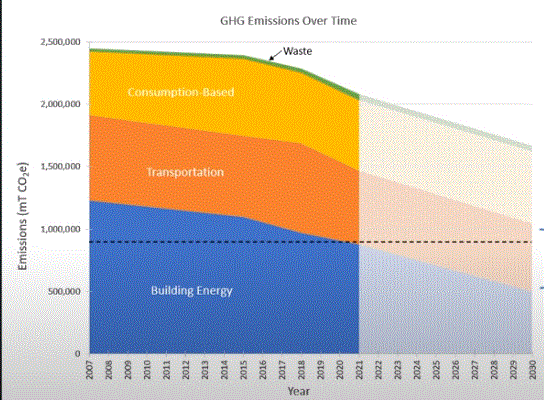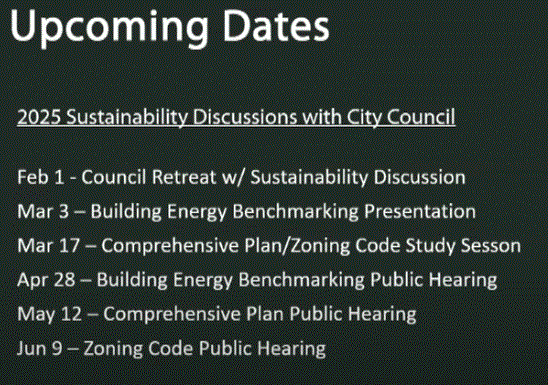Repost from Dave Weichman
On top of everything else going on these days, the Lakewood establishment is planning to change the city’s comprehensive plan and zoning codes to allow for more population density and cheaper housing. As usual there is way too much devil in the details to wrap one’s head around.
However, there is one area that gives me a deja vu. Back when I was on City Council (in 2012) there was a major change in zoning. One of the innovations was the concept of “mixed-use” zones.
We on Council bought into the idea there could be buildings with multiple uses. The example we were sold on was a vision where the first floor of the building could have commercial uses like restaurants or shops. The second floor could be offices for businesses. The third and fourth floors could be apartments or condos for residential use.
Therefore there could be three different types of uses within the same building. This would reduce the need for traveling to different zones for a range of uses – i.e. one could work, shop, play and live all within a single building. So city zoning was changed to create “mixed-use” zones that would allow for several different types of uses within the same structure.
However, when it came time to actually build this type of zoning ALL these buildings were 100% housing. Commercial uses and offices remained located in other parts of the metro area. The City argued mixed-use did not mean there actually had to be more than one use going on in a building but rather there was a range of possible uses to choose from. According to this line of reasoning, the builder could choose to either build all housing, or all commercial or all offices.
When voters complained about this bait and switch tactic, there was an effort to require that mixed-use buildings actually have more than one use going on. There was a major City Council effort led by Ward 4’s David Skilling to change the zoning rules for properties in Mixed-Use Employment (MU-E) districts.
Mr. Skilling was able to pass an ordinance that changed MU-E zones to prohibit more than 50% of the building being used for housing. However, since developers never had any intention of building mixed use projects but rather were just interested in finding a way to build housing in zones previously limited to commercial or office use, not a single project was eventually build using this model.
After these zoning rules went into effect, developers with properties zoned as MU-Employment came back to the city and requested permission to re-zone these properties into a category that would allow them to build 100% housing.
Fast forward to 2025. The current proposed “reform” of the City’s zoning codes seeks to just get rid of the 50% limit on housing in MU-E zones. That way developers could continue to just focus on building more housing. As for commercial and office uses, the proposed zoning would go back to the old scheme of making Lakewood the “bedroom” community for metro Denver.
So this new zoning is essentially a GOING BACK to the glory days of multi-family residential housing and riding the train into Denver for work or shopping.



